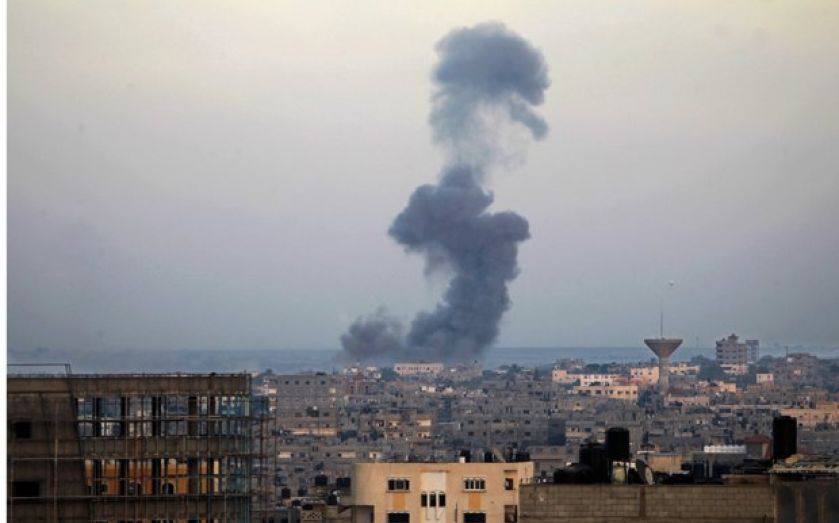As the conflict in Gaza continues, are we seeing a realignment of the Middle East?

Carly Beckerman-Boys, visiting fellow at the LSE’s Middle East Centre, says Yes.
The Gaza conflict has shone a light onto heightened tensions and muscle flexing between regional Arab leaders.
Their jockeying over whether to force or entice Hamas into a ceasefire has made old and new regional dividing lines far more visible.
Egypt, Jordan and Saudi Arabia all have turbulent histories with the Muslim Brotherhood (Hamas’s older brother) and al-Qaeda, as well as tension with Iran, which arms Hamas.
In contrast, Qatar homes the exiled Hamas leader Khaled Meshal and promotes the Muslim Brotherhood. In recent years, it’s funded both Islamist Syrian rebels and Hamas. Turkey’s ruling party also supports the Gaza-based organisation.
After the 2013 coup against Egypt’s Mohamed Morsi, Qatar’s pervasive meddling, Saudi Arabia, Bahrain and the UAE’s 2014 withdrawal of ambassadors to Qatar – and other escalating disputes over Syria and Lebanon – the current rivalry in Gaza is turning this tiny strip into a warmer Berlin for the new Cold War.
Simon Waldman, lecturer in Middle East & Mediterranean Studies at King’s College London, says No.
The Arab uprisings created a facade of transition in the Middle East. But the Israel-Gaza war has shown how little has changed regarding the Israeli-Palestinian conflict.
The hostile policy towards Hamas shown by Egyptian President Abdel Fattah el-Sisi resembles that of his ousted predecessor Hosni Mubarak.
Meanwhile, Hamas seems to have had a rapprochement with its long-time backer Iran, after a short period of cool relations following the Syrian uprisings.
Turkey’s position towards Israel remains critical, as it has been for nearly a decade.
As in previous Israeli wars against Hamas, the Gulf states, with the exception of Qatar, have been quietly hoping for an Israeli victory. Ditto Jordan.
There have been dangerous developments in the region, especially the rise of the Islamic State in Iraq and the breakdown of Syria. But they have little to do with Israel’s conflict with Hamas.